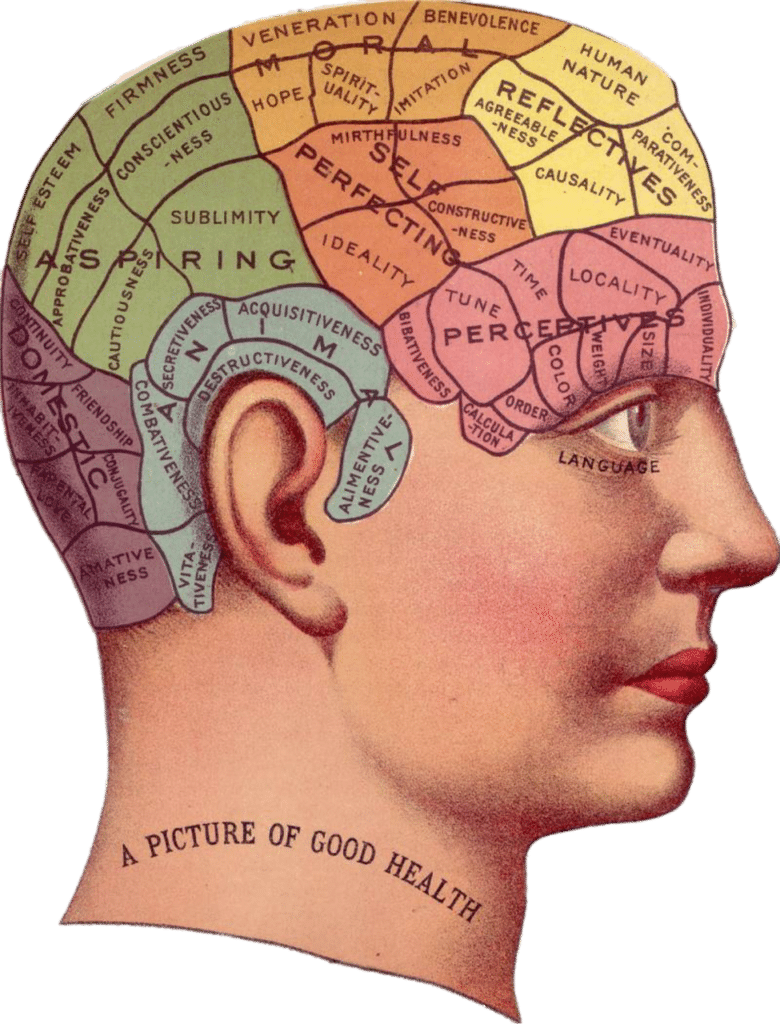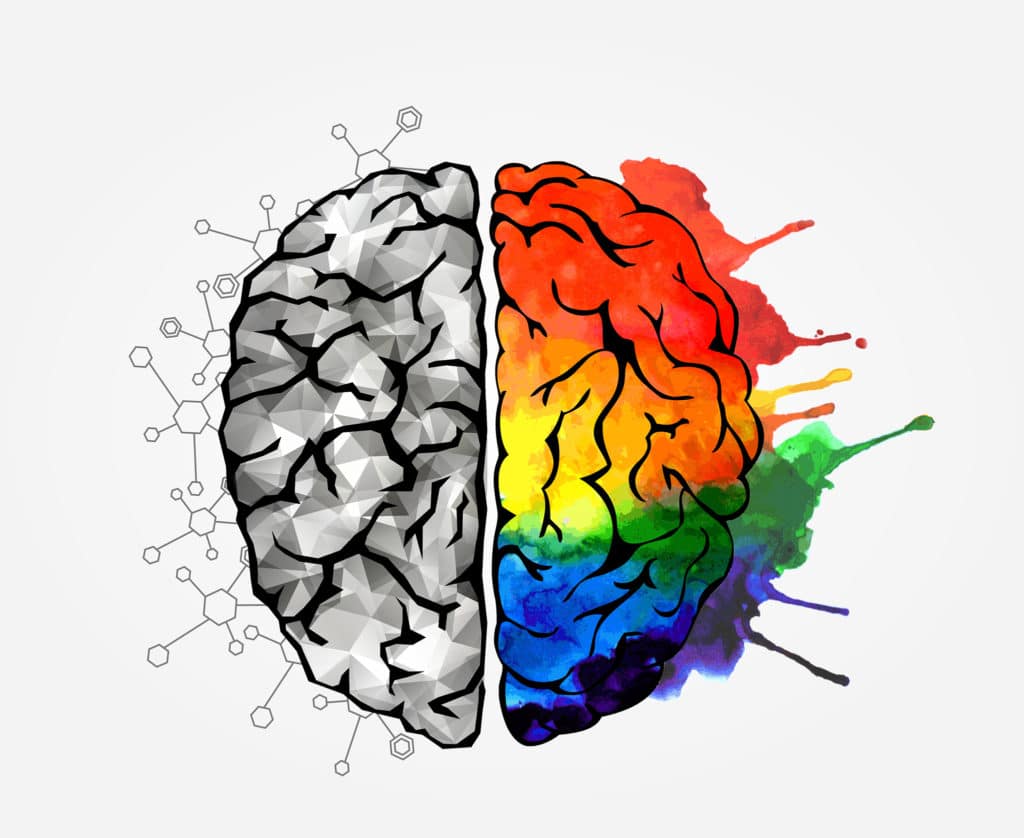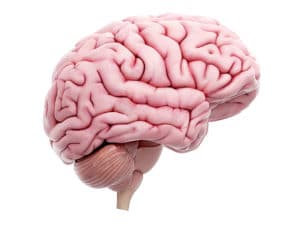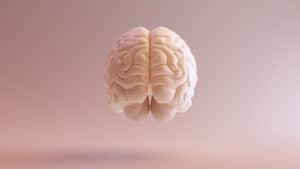The human brain, I mean your brain is phenomenal. It’s actually the cornerstone of your life because they govern everything you do – how you think, feel, act and interact with others. The brain is also what shapes your personality.
And your brain changes during menopause.
According to the amazingly innovative brain-body Amen Clinics in the United States when your brain works right, you work right.
“When your brain is troubled, you are much more likely to have trouble in your life,” they say. “With a healthy brain, you are happier, physically healthier (because you make better decisions), wealthier (also due to better decision-making), have better relationships and are more successful in everything you do. When your brain is unhealthy, for whatever reason (brain injuries, drug abuse, obesity, sleep apnea, mould toxicity, etc.), you are sadder, sicker, poorer, and less successful. The good news is, you can change your brain and change your life.”

How the brain is made up:
- It weighs about 1.3 kgs.
- It’s the texture of jelly or egg whites.
- Its composition is 80% water.
- The brain is estimated to be about 60% fat (making it the fattest organ).
- The skull is very hard to protect the brain, but the bony ridges inside the skull can cause damage when the head gets hit.
There’s also been groundbreaking research on the brain in menopause, by neuroscientist Dr Lisa Mosconi’s. Her latest research sheds light on the intricate relationship between estrogen and brain health. Indeed, as estrogen levels decline during menopause, the brain undergoes structural and functional changes, including alterations in gray and white matter, glucose metabolism, and blood flow.
What’s more, these changes can initially lead to symptoms like brain fog and forgetfulness but are often temporary. The brain demonstrates a remarkable capacity to adapt, restoring functions like memory and cognitive performance post-menopause.
Additionally, her work highlights that menopause-specific brain changes are distinct from normal ageing processes and emphasises the connection between menopause, brain health, and increased risks of conditions like Alzheimer’s disease in women. This underscores the importance of brain care through lifestyle adjustments and potential interventions during menopause.
Amazing findings for this first-of-its-kind research.
This is part one of a series on how the brain changes during menopause. Please also see:












